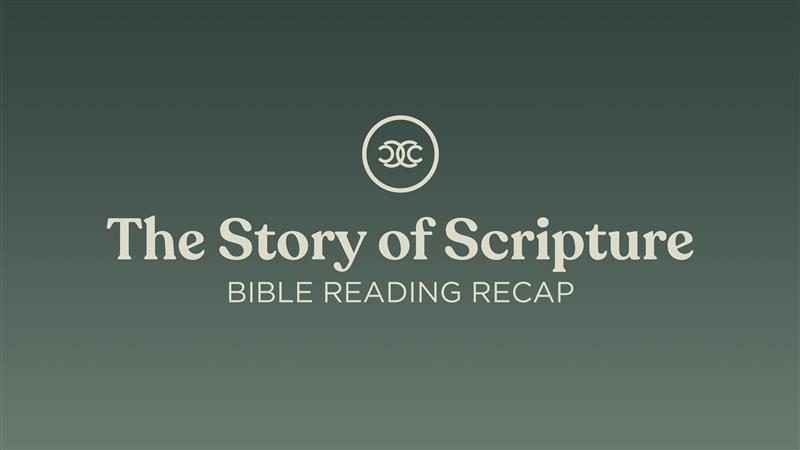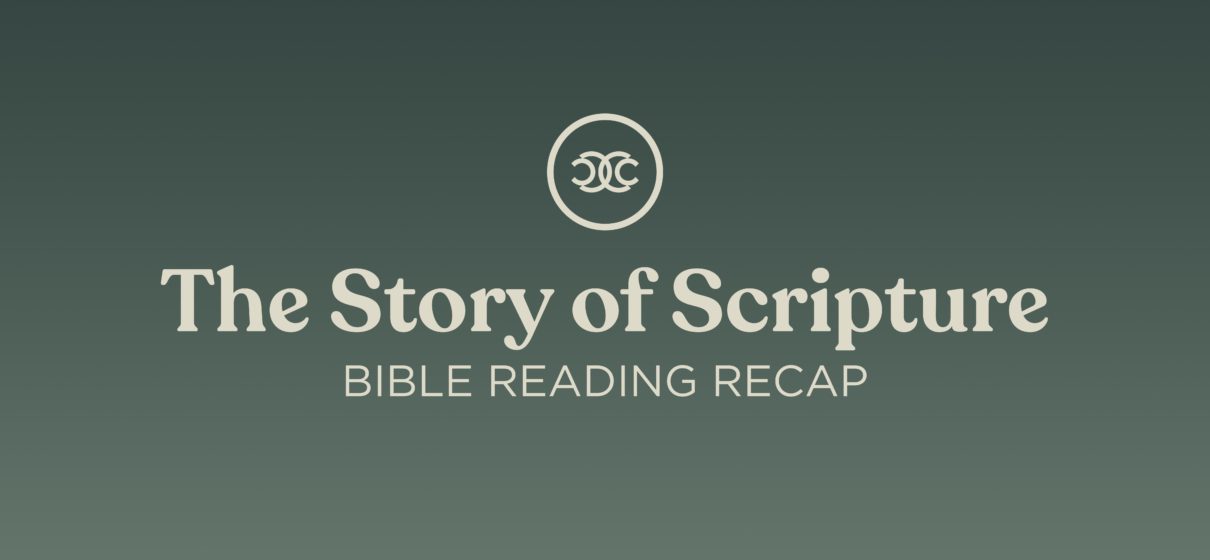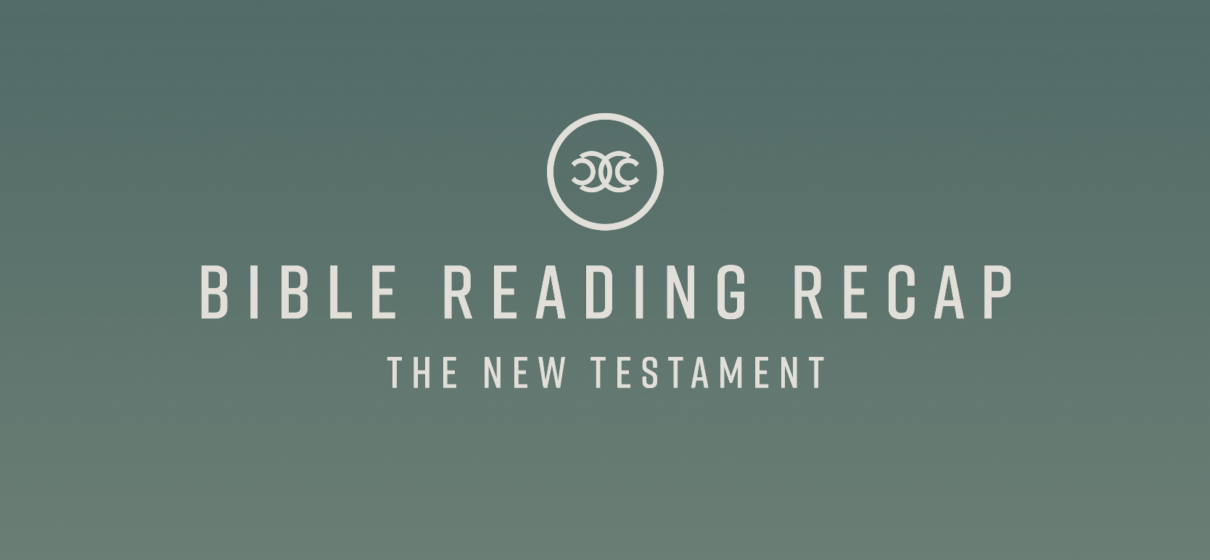91: The Story of Scripture – Hebrews 11-13 & Acts 1-3
In this episode, Ted Ryskoski, Lance Lawson, and Rachel Chester discuss the final chapters of Hebrews and the opening chapters of the book of Acts.
How does the author of Hebrews call the new church to live in light of all they have been given in Christ?
The beginning of Acts gives a glimpse of exactly the power and perseverance Hebrews has in mind.



